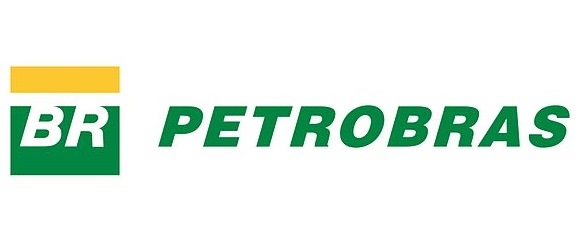Energy
Petrobras Earnings Bolstered by Imports, Lower Investment
Published:
Last Updated:

Petrobras posted net income of $1.86 billion in the first quarter, down 18% year-over-year. Adjusted EBITDA totaled $7.52 billion, up 24% year-over-year.
The results were not altogether an unadulterated success. The company cut investment by 13% and expenses by 22%, and both cuts were partially due to the widespread corruption and the bribery scandal that have plagued Petrobras since last fall.
The impact of low crude oil prices were more than offset by the lower costs to Petrobras of importing gasoline and diesel fuel. The government, which controls the company, in November allowed Petrobras to raise pump prices on fuel and that has brought domestic prices to a level closer to international prices. Without a 20% devaluation of the country’s currency, the company’s profits might have been even greater.
ALSO READ: 5 Big Oil Stocks to Buy for the Rest of 2015
Petrobras was able to raise its domestic production by 13% year over year in the first quarter. The company produced 2.15 million barrels of oil and natural gas liquids per day, up from 1.92 million a year ago, and natural gas production rose from 400 million cubic feet per day to 467 million. Lifting costs were lower both including and excluding production taxes.
Crude oil imports were down 23% year over year and refined product imports dropped 19%. Crude oil exports rose 44%, but refined products exports fell 32%.
The good news for Petrobras in the first quarter is that production did rise year over year. That the company was able to make lemonade out of the lemons of low crude prices through its fuel imports was a bonus. The bleeding also has stopped (for the moment) in Brazil’s currency. The real has regained about 10% of its lost strength against the dollar since the last part of March.
The bad news is that the corruption and bribery scandal drags on and the government still controls the company. The other bad news is that debt levels are very high: current debt totaled $12.4 billion at the end of the first quarter, and long-term debt rang in at $112.5 billion. The semi-good news is that both totals are lower than they were a year ago. But as we have already noted, the drop in debt means that investment in more production lags.
Petrobras’s American depositary shares (ADSs) closed up about 2% on Friday at $10.13 in a 52-week range of $4.90 to $20.94. In the after-hours session the ADSs rose another 8.3% to $10.97, above the consensus price target of $10.37. One ADS is equal to two ordinary shares.
ALSO READ: 15 Companies Losing the Most Money
The thought of burdening your family with a financial disaster is most Americans’ nightmare. However, recent studies show that over 100 million Americans still don’t have proper life insurance in the event they pass away.
Life insurance can bring peace of mind – ensuring your loved ones are safeguarded against unforeseen expenses and debts. With premiums often lower than expected and a variety of plans tailored to different life stages and health conditions, securing a policy is more accessible than ever.
A quick, no-obligation quote can provide valuable insight into what’s available and what might best suit your family’s needs. Life insurance is a simple step you can take today to help secure peace of mind for your loved ones tomorrow.
Click here to learn how to get a quote in just a few minutes.
Thank you for reading! Have some feedback for us?
Contact the 24/7 Wall St. editorial team.